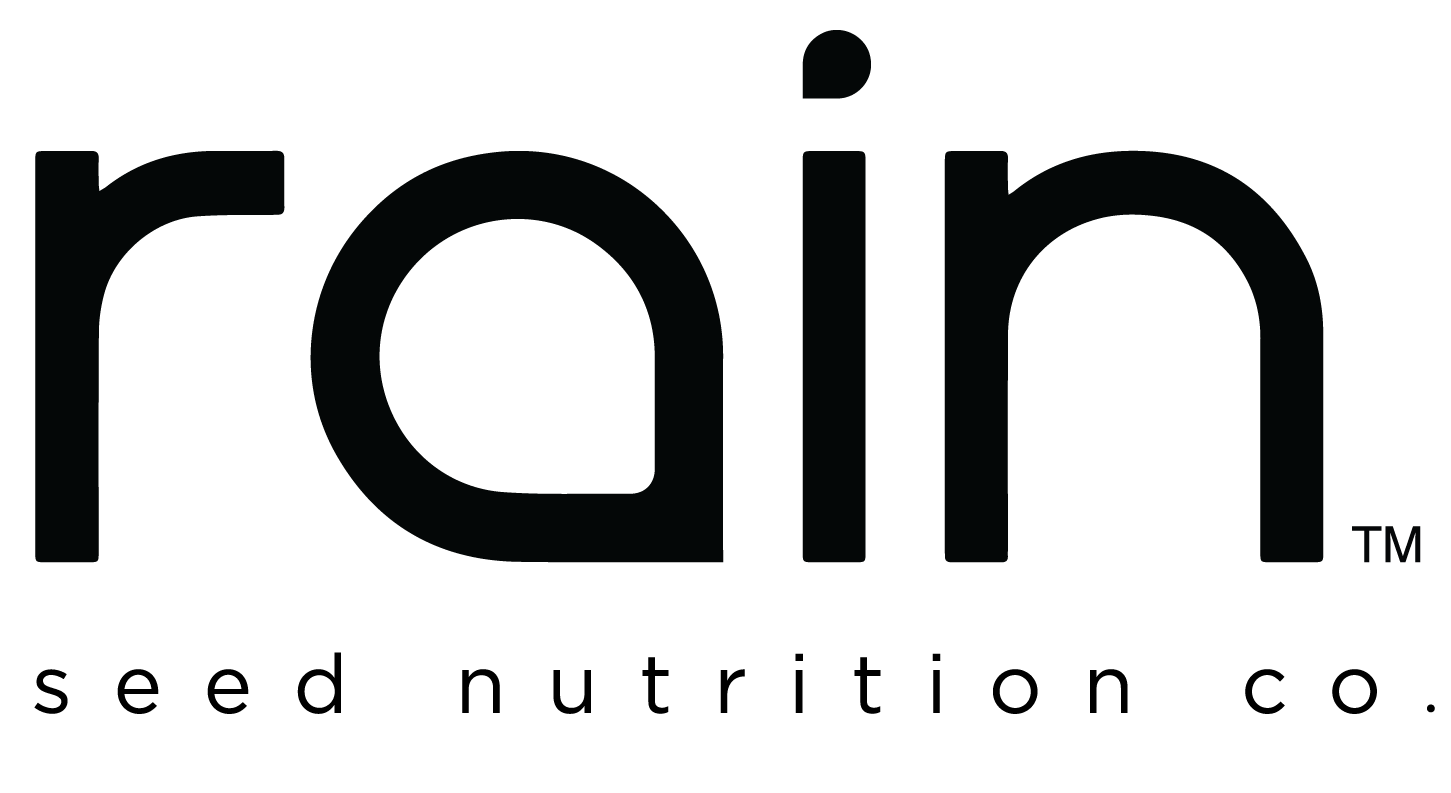Where your nutrition comes from matters. The source of the food you eat and the ingredients in your dietary supplements can significantly impact the role those nutrients play in your body, how you feel, and your overall health and wellness. Seed nutrition is an emerging trend, but really it takes us back to the roots of our ancestors who ate for survival. Below is a look at seed-based nutrition compared to other sources and how you can start getting back to basics with your dietary routine to feel vibrant, nourished, and healthy.
The Seed-Source Advantage
1. Nutrient Density: Seeds are like nature’s powerhouses, packed with an array of essential nutrients. From vitamins and minerals to healthy fats and antioxidants, seeds provide a concentrated source of nutrition. They are a reservoir of the very building blocks our body requires to function optimally.
2. Diversity of Nutrients: Different seeds bring a unique nutrient profile to the table. For instance, chia seeds are rich in omega-3 fatty acids, while flaxseeds are loaded with fiber. Pumpkin seeds are a great source of magnesium, and sunflower seeds offer an abundance of vitamin E. Incorporating a variety of seeds ensures a diverse range of nutrients.
3. Bioavailability: The nutrients in seeds are often in a form that is easily absorbed and utilized by the body. This means that when you consume seed-based nutrition, you’re getting more out of what you eat.
4. Balanced Macronutrients: Seeds are naturally well-balanced. They provide a good mix of healthy fats, proteins, and carbohydrates, making them an excellent addition to a balanced diet.
The Contrast with Other Sources
1. Processed Foods: Many of the foods available today are heavily processed, stripping them of their natural nutrients. Seed-based nutrition offers a clean, unadulterated source of essential nutrients without the additives and preservatives often found in processed foods.
2. Animal Products: While animal products can be a source of certain nutrients, they often come with a host of saturated fats and cholesterol. Seed-based nutrition offers a plant-based alternative that is low in saturated fats and cholesterol, making it a heart-healthy choice.
3. Allergenic Concerns: Allergies to common food sources like dairy, gluten, or nuts can limit dietary choices. Seeds are generally well-tolerated and less likely to cause allergic reactions, making them a versatile option for a wide range of individuals.
4. Sustainability: The production of seeds generally has a lower environmental impact compared to large-scale animal farming. Opting for seed-based nutrition aligns with a more sustainable approach to food choices.
How You Can Focus on Seed-Based Nutrition
As we continue to seek ways to optimize our health and well-being, it’s imperative that we turn to sources of nutrition that not only nourish our bodies but also align with our values and the planet’s sustainability. Seed-based nutrition is a powerful, versatile, and sustainable option that is rapidly becoming a cornerstone of healthy living.
At Rain International, we have harnessed the potential of seeds to create a range of cutting-edge, seed-based nutritional supplements. Our products are meticulously crafted to deliver the full spectrum of benefits that seeds offer. By incorporating our seed-based nutrition into your daily routine, you are investing in your health.
Take the step towards a healthier, more vibrant you, and join us in embracing the future of nutrition through the power of seeds. Together, we can cultivate a legacy of wellness for generations to come.


